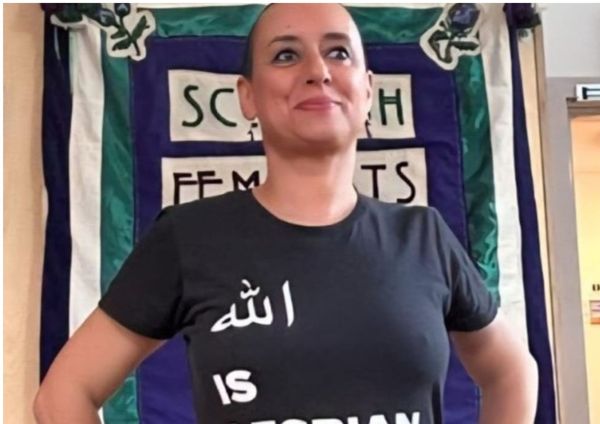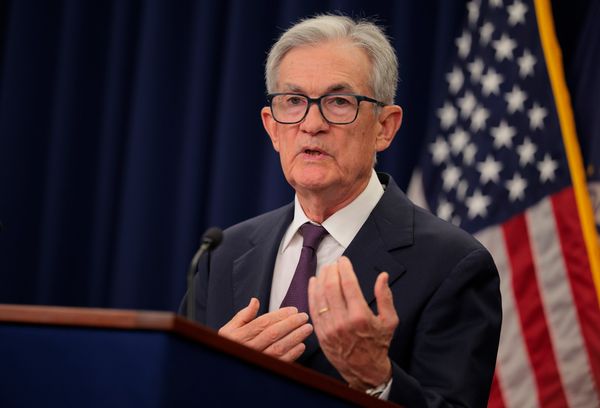Expectations were high when Amazon introduced the Echo smart speaker nine years ago. Now known as Amazon Alexa, it was a trailblazing digital butler that established a new category in the consumer electronics field, selling tens of millions of units each year.
Now, the group inside Amazon responsible for the development of Alexa, called the Devices group, is reportedly running a deficit in the billions of dollars.
And when Amazon announced plans on Jan. 4 to cut its workforce by 18,000, the Devices group responsible for the development and marketing of Alexa was hit hard, reports said.
"The easy opportunities for smart speakers have been captured," said Josh Lowitz, co-founder of Consumer Intelligence Research Partners, or CIRP.
Amazon Alexa Hit The Market Running
Introduced in November 2014, Amazon Alexa had great success in its early days and exceeded expectations.
With the strong backing of former Amazon Chief Executive Jeff Bezos, the Echo device evolved into one of the hottest categories in consumer electronics.
In a letter to shareholders in 2017, Bezos said, "Our projections for Alexa were very optimistic, and we far exceeded them. We do not see positive surprises of this magnitude very often — expect us to double down."
By 2018, the company had sold more than 100 million Alexa-enabled devices. Its success spurred Google-owner Alphabet, Apple, Microsoft and Facebook-owner Meta Platforms into developing their own set of devices and apps.
All together, they are developing the devices and software that are key ingredients for the smart home. The smart home has been a dream of the consumer electronic industry for decades. But it's yet to be a home-run success.
Ideally, a full-on smart home is equipped with lighting, air conditioning, thermostat and various other smart devices that can be controlled, for example, by the Amazon Alexa or other smart devices.
Setting Its Sights On The Smart Home
At a news event in 2018, Amazon introduced a variety of products designed for the smart home, like the smart microwave. Also at that unveiling, Amazon introduced various devices for home protection, such as video enabled doorbells and smart-door locking devices.
But they were too far ahead in the game and the products were not a success.
Overall, the concept of a futuristic networked home that could potentially be a great cash producer for Amazon has yet to catch on. But Lowitz points out that Alexa's early land grab made it a dominant home-automation platform.
"The home automation opportunity is at an early stage," said Lowitz. "There are very few 'Jetsons' homes, but that will likely improve over time."
No Killer Apps For Amazon Alexa
The original idea was that Amazon Alexa would sell at a price point near break-even to induce people to buy things from the site. But the revenue stream they had hoped for did not happen.
Alexa is commonly employed for such uses as an alarm clock, weather reports, grocery lists and news. Other applications include stock market reports, trivia games, answering questions and playing music. But consumer usage hasn't extended much beyond that, which is a problem because but these are not cash-generating applications.
There are no killer apps. Not even when Amazon linked it to Whole Foods Market for the home delivery of groceries.
What Amazon did achieve, however, was market dominance in the smart-speaker field. The company has a 67% slice of the U.S. market. Google, with its Google Home product, is at 27%. Apple, with its HomePod, is at 6%, according to CIRP.
"We think the smart speaker market is still at a very early stage," Lowitz said. "And the key players are figuring out what works and where they need to be patient."
Declining Sales Of Smart-Home Products
In addition, a worsening economy has led to a reduction in expectations for Amazon Alexa and other smart-home devices, according to International Data Corp.
IDC expects global shipments for smart-home devices overall to decline 2.6% this year to 874 million units.
"Looking ahead, we expect volatility will continue to inhibit the market's growth in 2023 and beyond," said Adam Wright, senior research manager at IDC.
"They've done an exceptionally good job in the smart home market," he said, "But smart-home devices are hard to make money on. That's been a challenge not just for Amazon but for all device makers."
Amazon did not respond to a request for comment on this article. Amazon stock jumped 3.8% Friday to close at 97.25.
Please follow Brian Deagon on Twitter at @IBD_BDeagon for more on tech stocks, analysis and financial markets.







